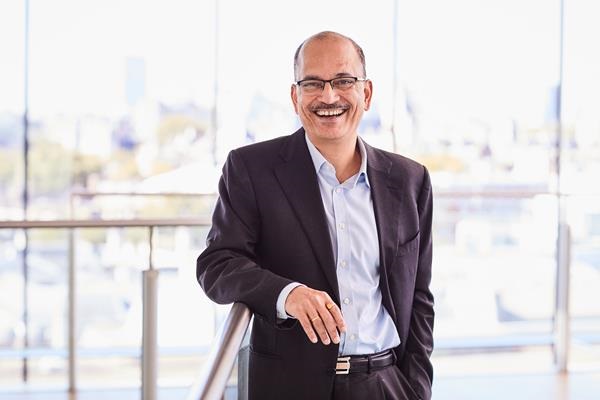According to Nitin Paranjpe, the chairman of Hindustan Unilever (HUL), India is well-positioned to lead the fourth industrial revolution. Paranjpe believes that India missed out on the first and second industrial revolutions and was too young as a nation to fully capitalize on the third industrial revolution. However, he sees the current revolution, which combines technology with the physical, digital, and biological worlds, as an opportunity for India to take a leading role.
Paranjpe made these remarks during HUL’s 90th Annual General Meeting. He mentioned that India’s growing young population, focus on digital public infrastructure, and progress in adopting green energy make it a focal point for global growth. Paranjpe highlighted IndiaStack, a digital public infrastructure based on identity, payments, and consent-based data sharing, as an example of India’s progress in this regard. The number of digital financial transactions in India has significantly increased in the past five years, and the value of digital payments is expected to triple by 2026.
Sanjiv Mehta, the outgoing CEO of HUL, also expressed confidence in the India story. He stated that HUL has navigated challenges and become stronger, more agile, and future-ready in terms of its portfolio and capabilities. Over the past decade, HUL has delivered impressive sales and EBITDA growth, achieving its highest market share in soaps, shampoo, and skincare. Mehta believes that the upcoming decade will be India’s decade, and HUL is well-positioned to benefit from India’s growth.
HUL acknowledged that the manufacturing industry faced various challenges during the pandemic, such as shrinking margins, inflation in raw material costs, and supply chain disruptions. However, resilient supply chains presented an opportunity for India. Paranjpe highlighted India’s skilled and semi-skilled workforce as a valuable resource and mentioned several government policies and initiatives, including banking reforms, production-linked incentive schemes, foreign direct investment policies, and Skill India and Digital India programs, which provide a favourable environment for investors.
Both Paranjpe and Mehta expressed optimism about India’s potential to lead the fourth industrial revolution, leveraging its digital infrastructure, young population, and policy initiatives to drive growth and attract investment.


